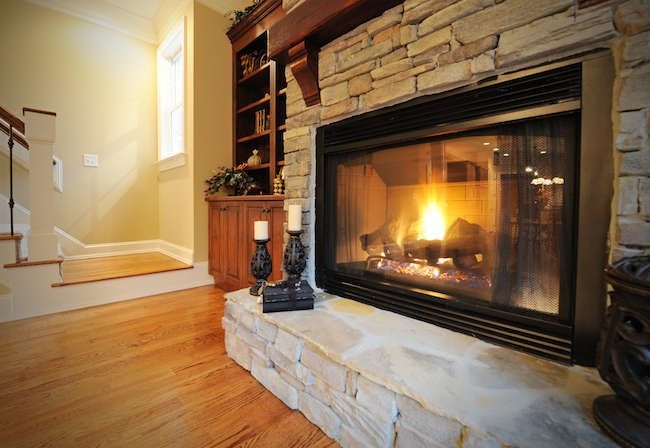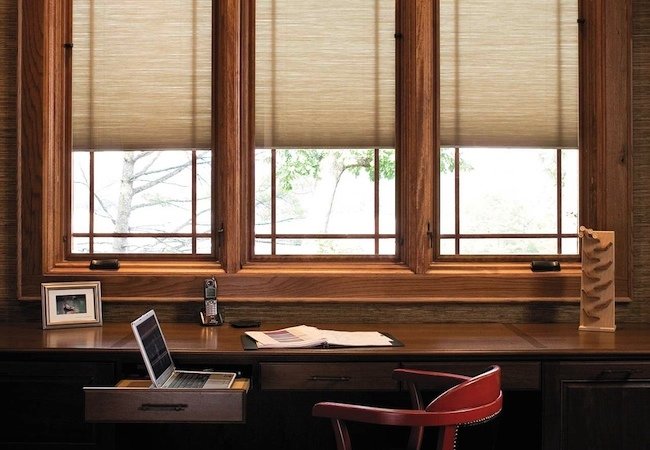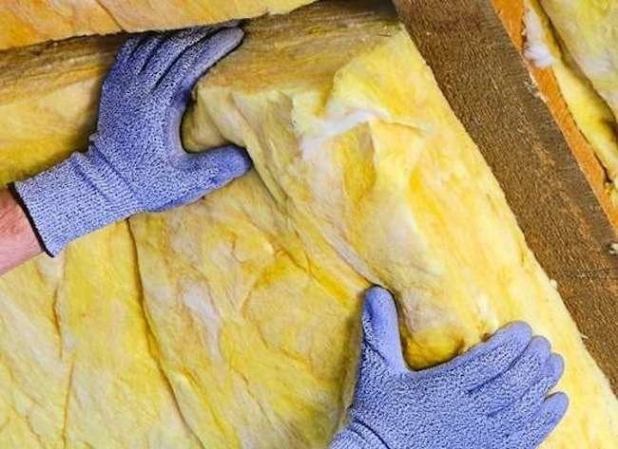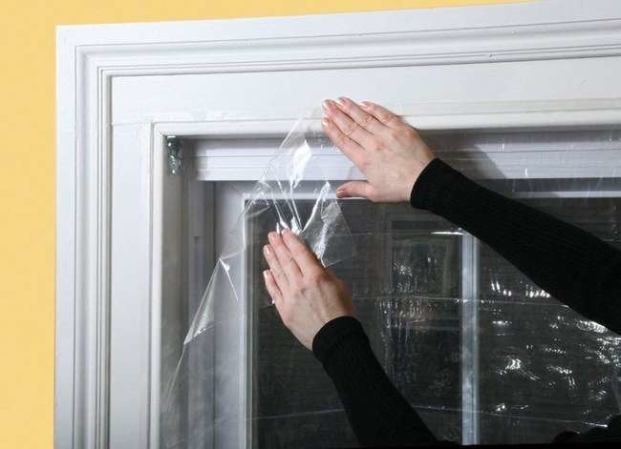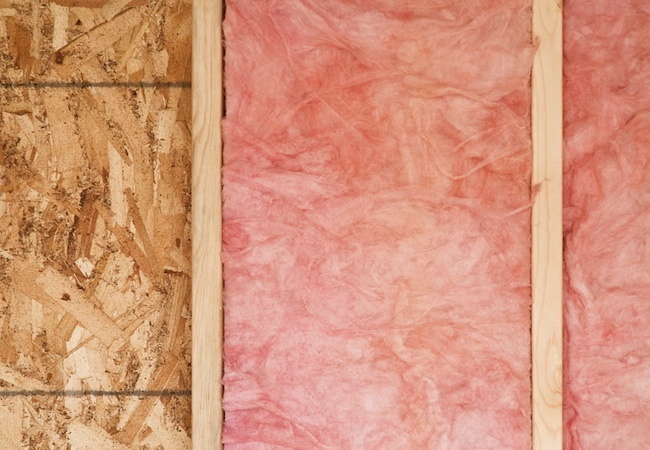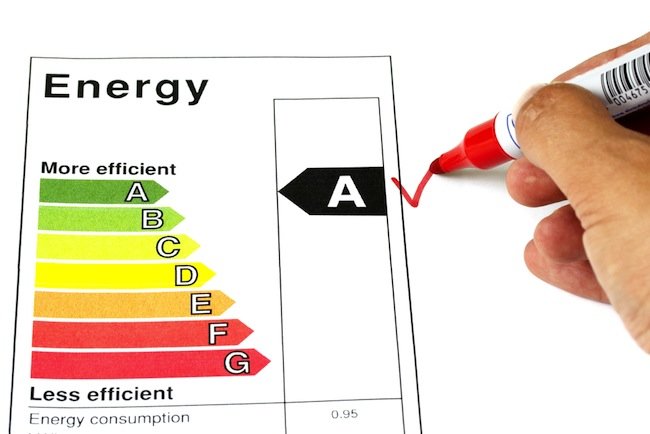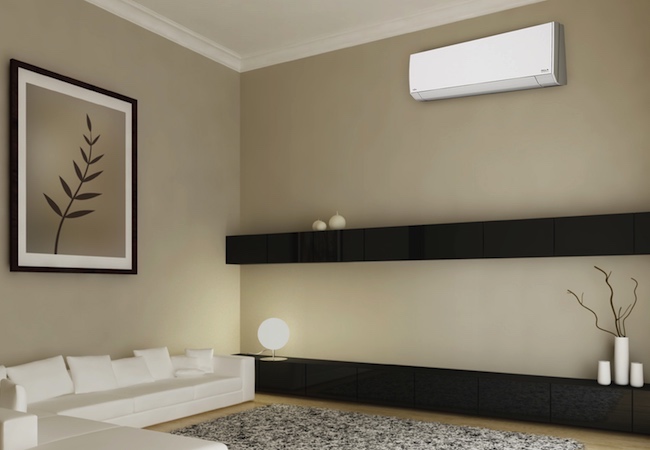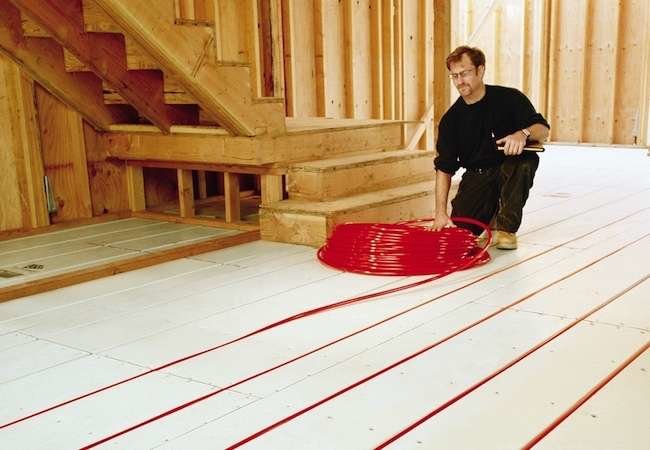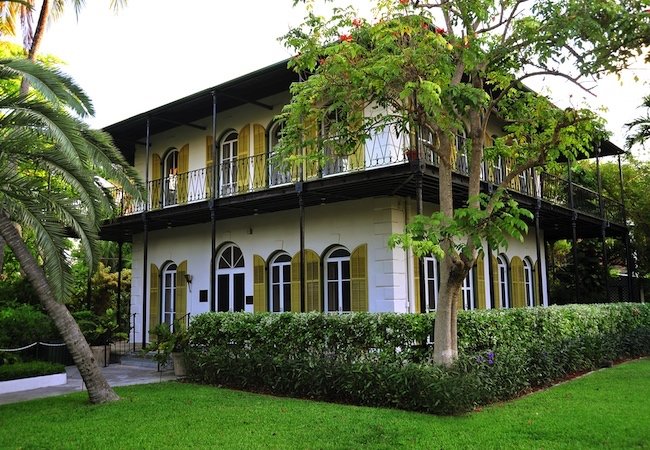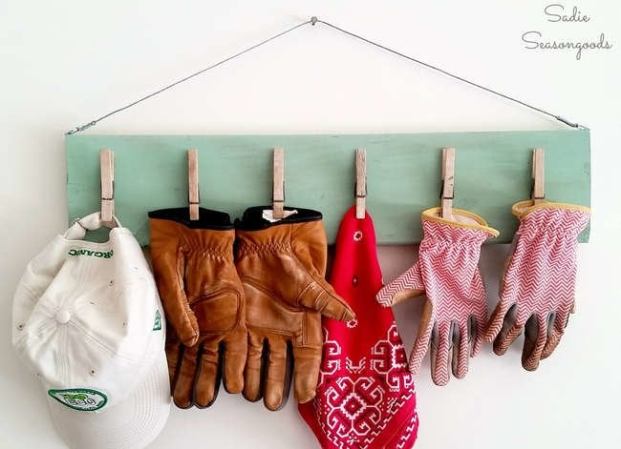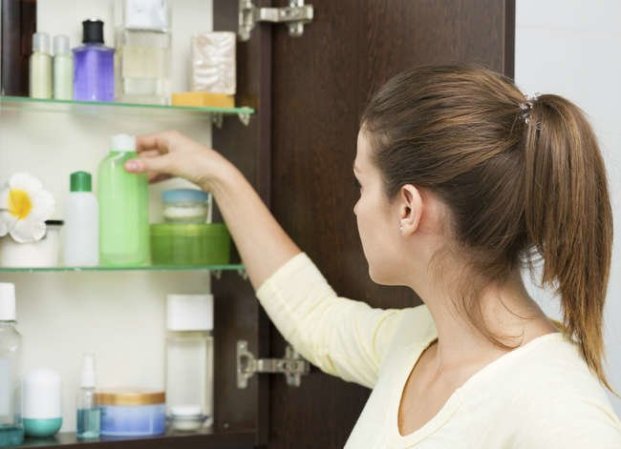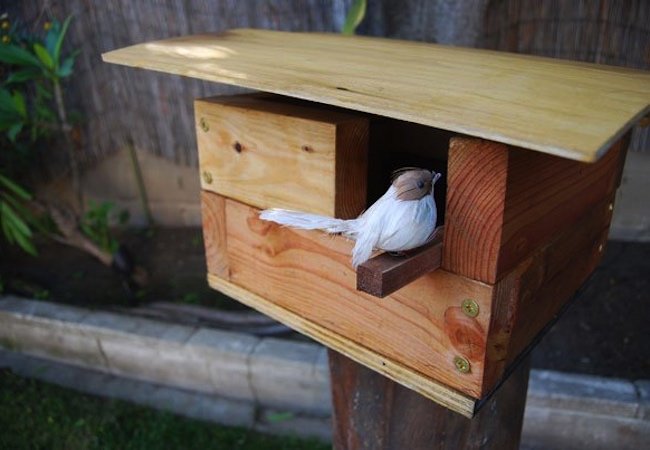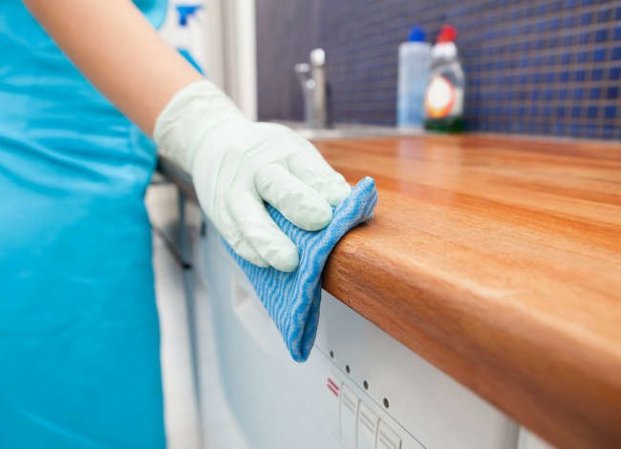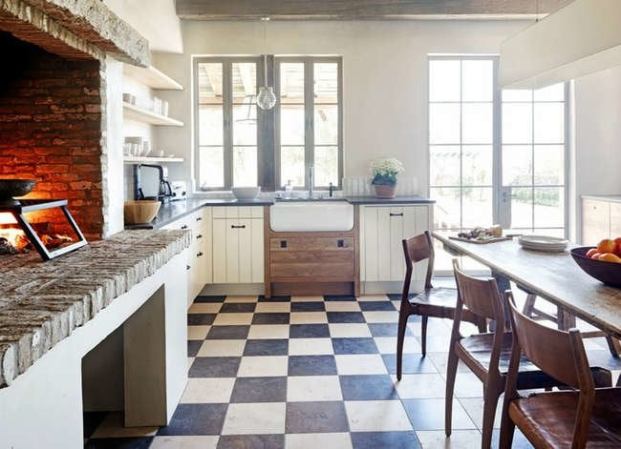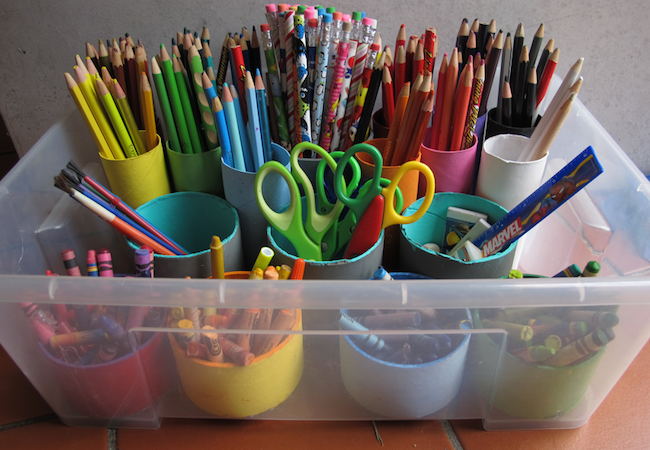We may earn revenue from the products available on this page and participate in affiliate programs. Learn More ›
Weatherproof Your Windows

You can shut your windows against the cold, but unless they’re properly sealed, they won’t keep it out. Weatherproofed windows offer more than just personal comfort—they’re a sure way to lower winter energy costs as well. To seal your windows, apply weatherstripping around the edges. For extra protection against the cold, consider coating the panes with insulating film to keep the cool air out and the warm air in.
Get Your Ducts in a Row
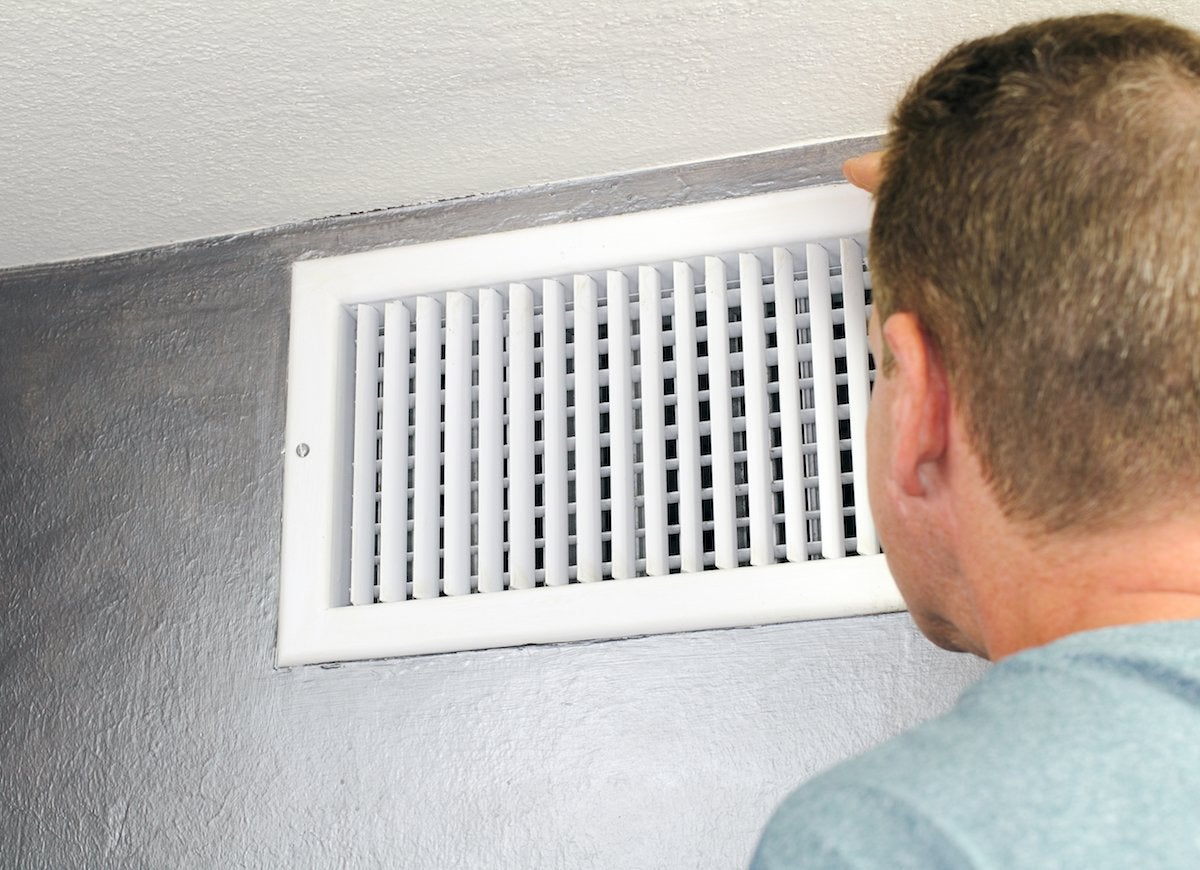
If you’re living with leaky ductwork, you might as well just put a hole through your wallet. Improperly sealed ducts can lead to the loss of as much as 30 percent of the heated air that passes through, which means that you may be paying for a whole lot more heat than you’re getting. Before you switch on the furnace this fall, take some time to identify any leaks in your ductwork. Call in a pro to test your system and make any necessary repairs. A little investment now can save you money and energy later.
Get Insulated
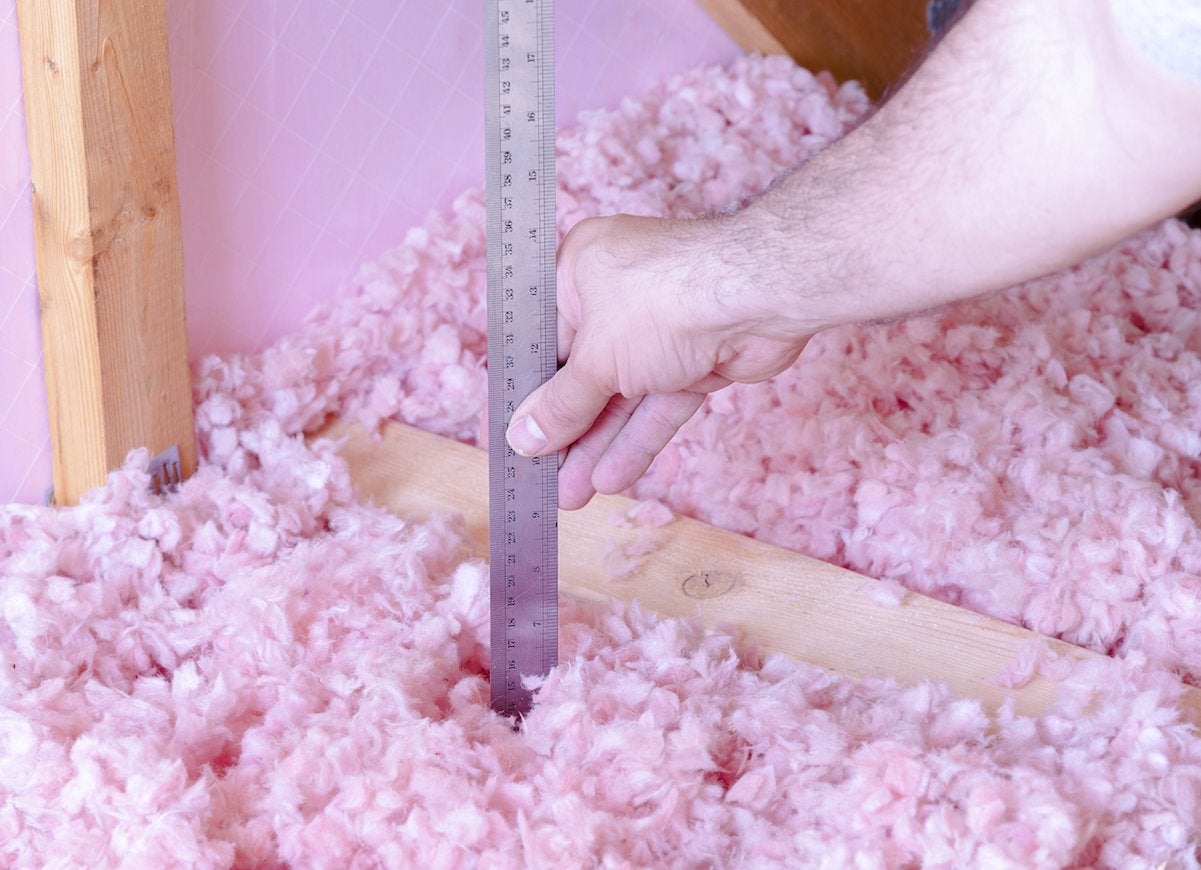
Everyone knows the secret to staying warm is bundling up. The same goes for your house: It needs adequate insulation to help it keep out cold air. Perform a basic check of your attic insulation to make sure you have enough. The amount of insulation your home needs will depend on the region in which you live and your home’s heating system. Consult a local expert, or refer to an online insulation map to help you determine whether or not to add more insulation to your home this fall.
Related: The Pros and Cons of Today’s Most Popular Insulation
Check the Fireplace
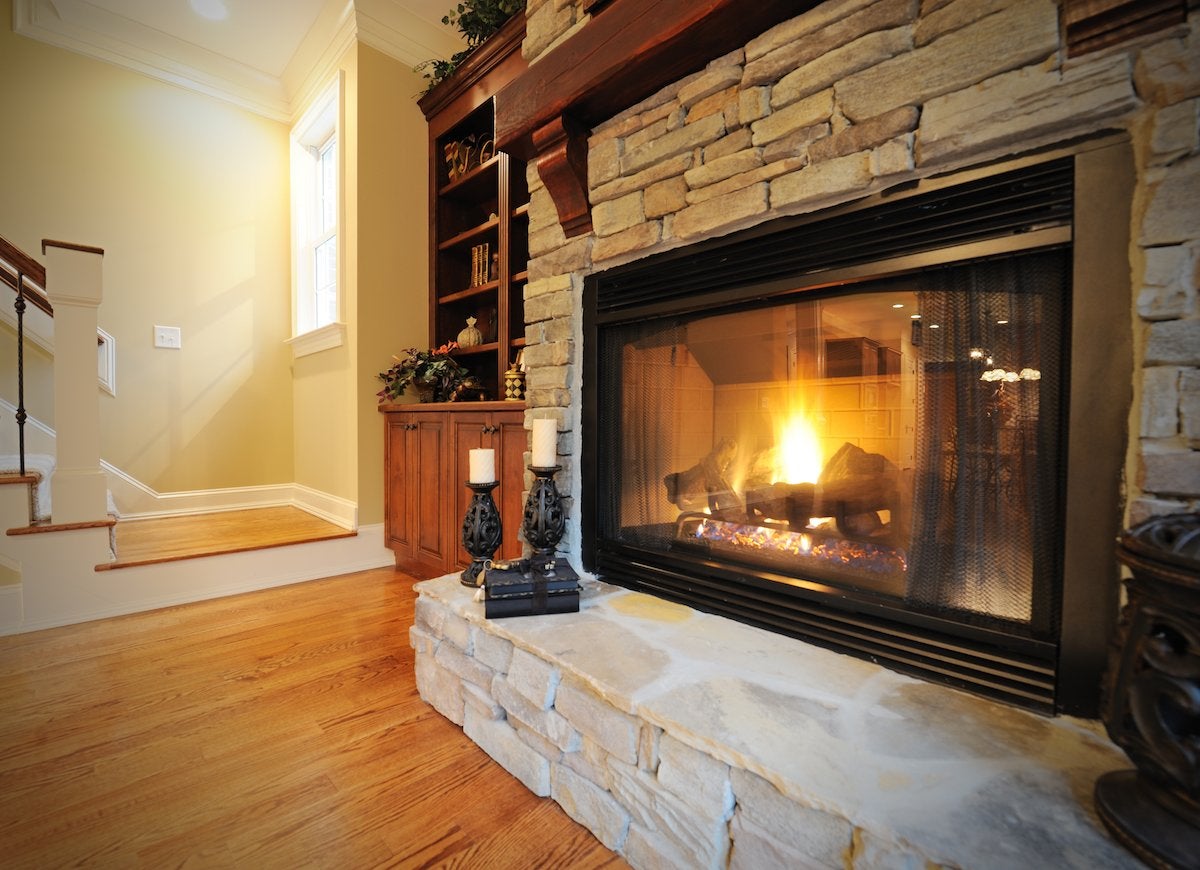
A crackling fire is a welcome sight when the temperature drops, but it’s best to kindle one only in a well-maintained fireplace. Before you light up this year, consider having the chimney professionally cleaned to remove built-up creosote and ash from the interior walls and venting portion of the chimney. As well, check the exterior of the chimney for cracks, and make repairs to the masonry using the appropriate materials. If necessary, add or replace the chimney cap to keep out branches, debris, or unwanted visitors of the four-legged or winged varieties.
Service the Furnace
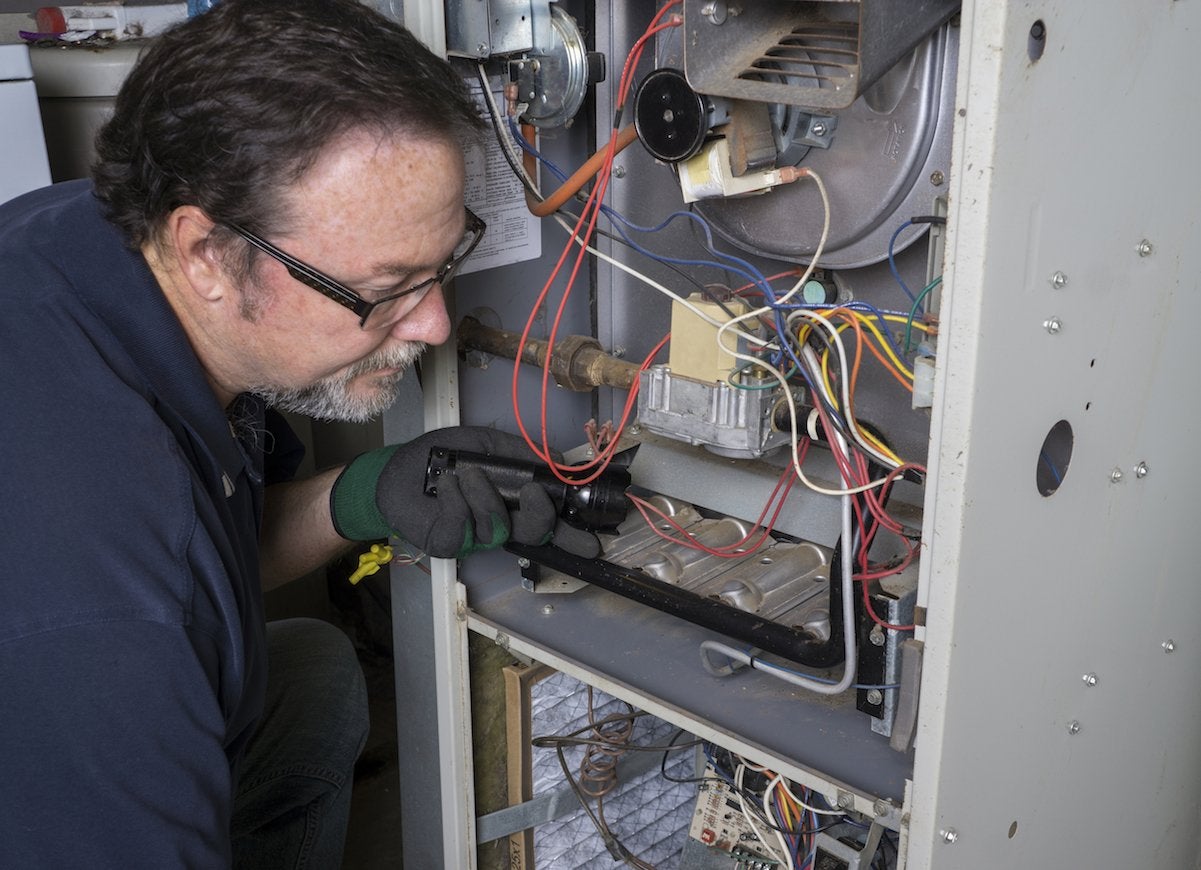
A furnace will usually last between 15 and 20 years. If yours is getting up there in age, it may be wise to replace it now rather than risk a breakdown in the depths of winter. Look for an Energy Star-rated model that will run more efficiently, saving you money on utility bills in the process. Another bonus: You may qualify for up to $500 in tax credits if you upgrade to an energy-efficient unit, which could be a real boon come tax season.
Clear the Air
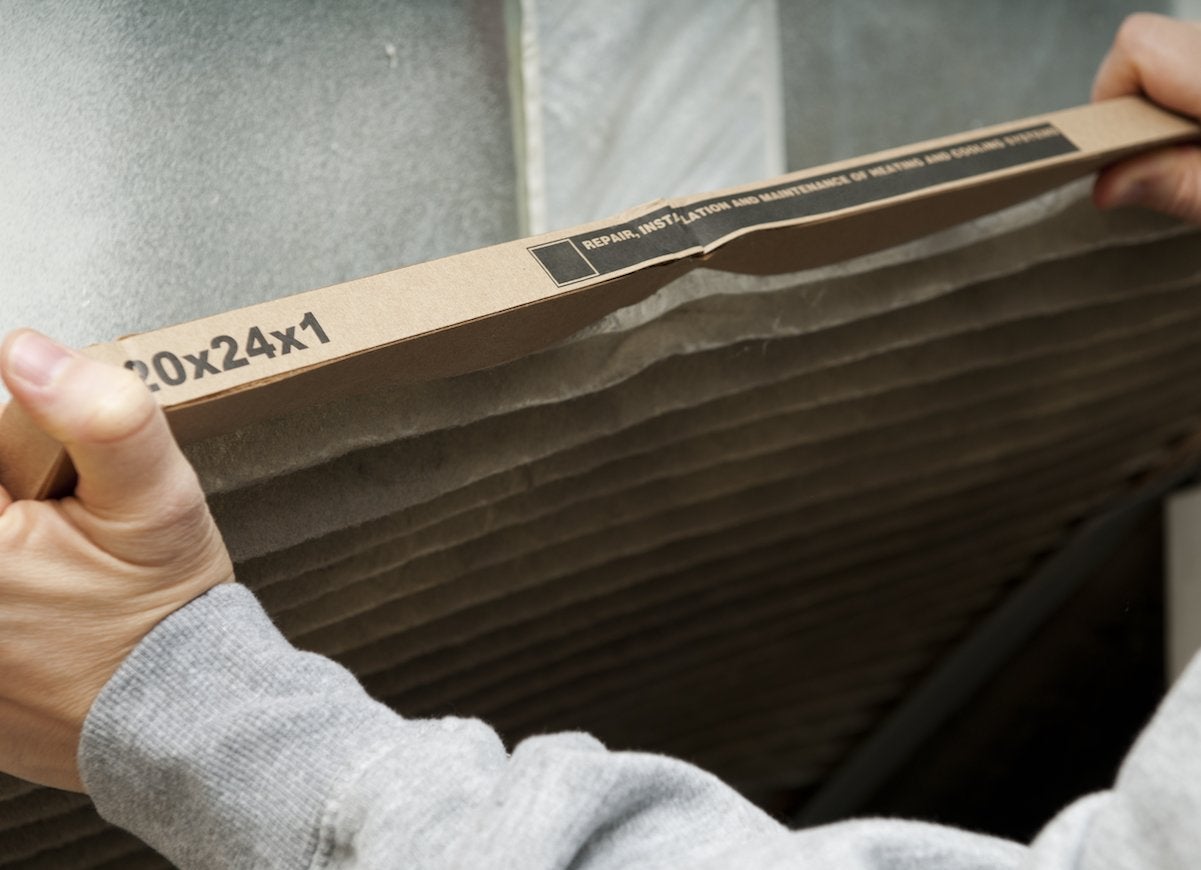
Perhaps the simplest and most budget-friendly thing you can do to prepare for cooler temps: Change your furnace filter. A dirty, clogged filter makes your system work harder to push air through, thereby overworking your system and driving up your bills. Change your air filters monthly to keep your furnace—and your wallet—happy.
Related: 7 Reasons Indoor Air Isn’t As Pure As You Think It Is
Swap Your Fabrics
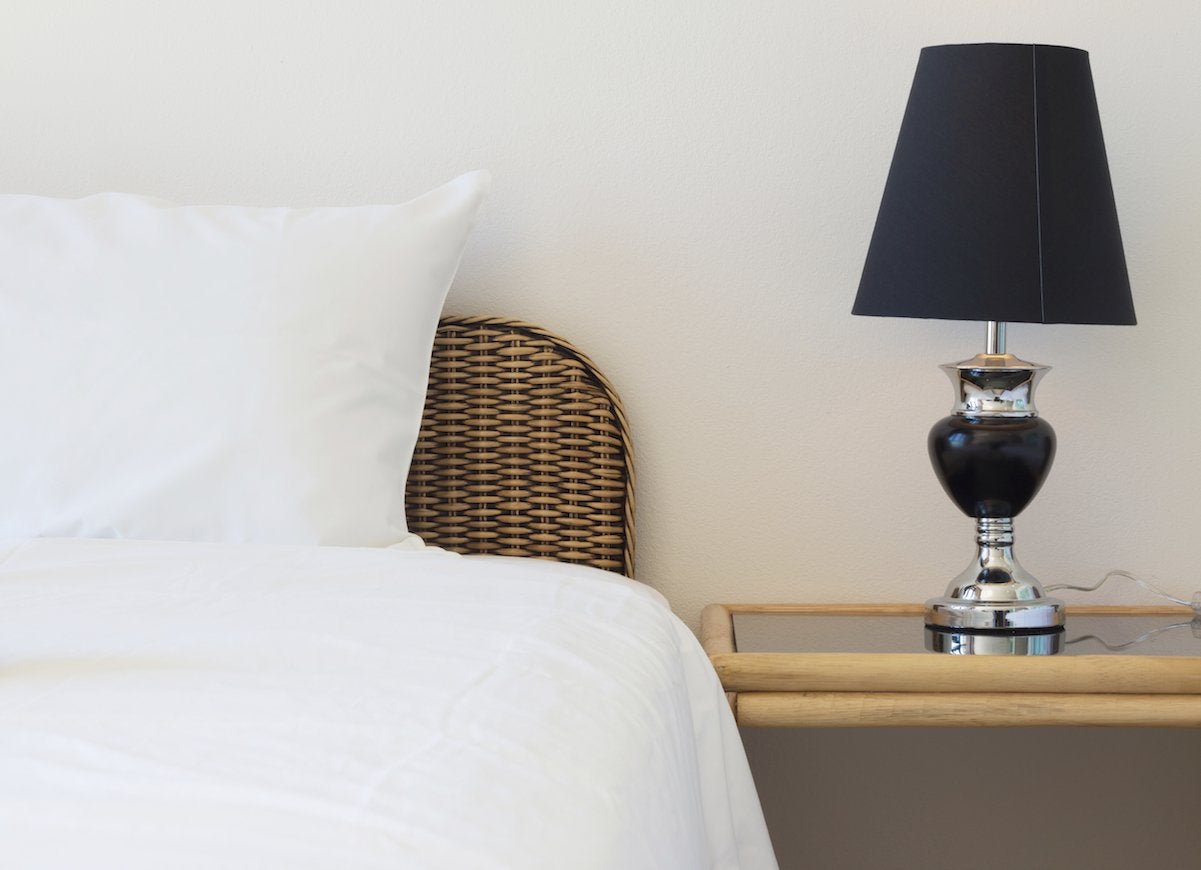
Cozy up to cooler temperatures by switching out your bedding and window treatments. Strip your bed of cool-weather linens, and break out the flannel sheets, wool blankets, and down comforters. Similarly, if your windows have been dressed with sun-loving sheers all summer long, consider switching to a thicker material that will do a better job of blocking the cold—think duck cloth, velvet, and other heavy textiles.
Prep Your Radiator

When not in use, a hot-water radiator will fill with air, and that can cause problems when you switch it on after months of inactivity. Before turning on your system for the season, bleed the lines of any air. To do so, switch on the heat and the radiator. Locate the vent at the top of the radiator, unscrew it, and let the hot steam escape. Once the trapped air is gone, water will begin to drip out of the radiator. Catch the water with a cup, and screw the vent cap back into place.
Drain Your Water Lines
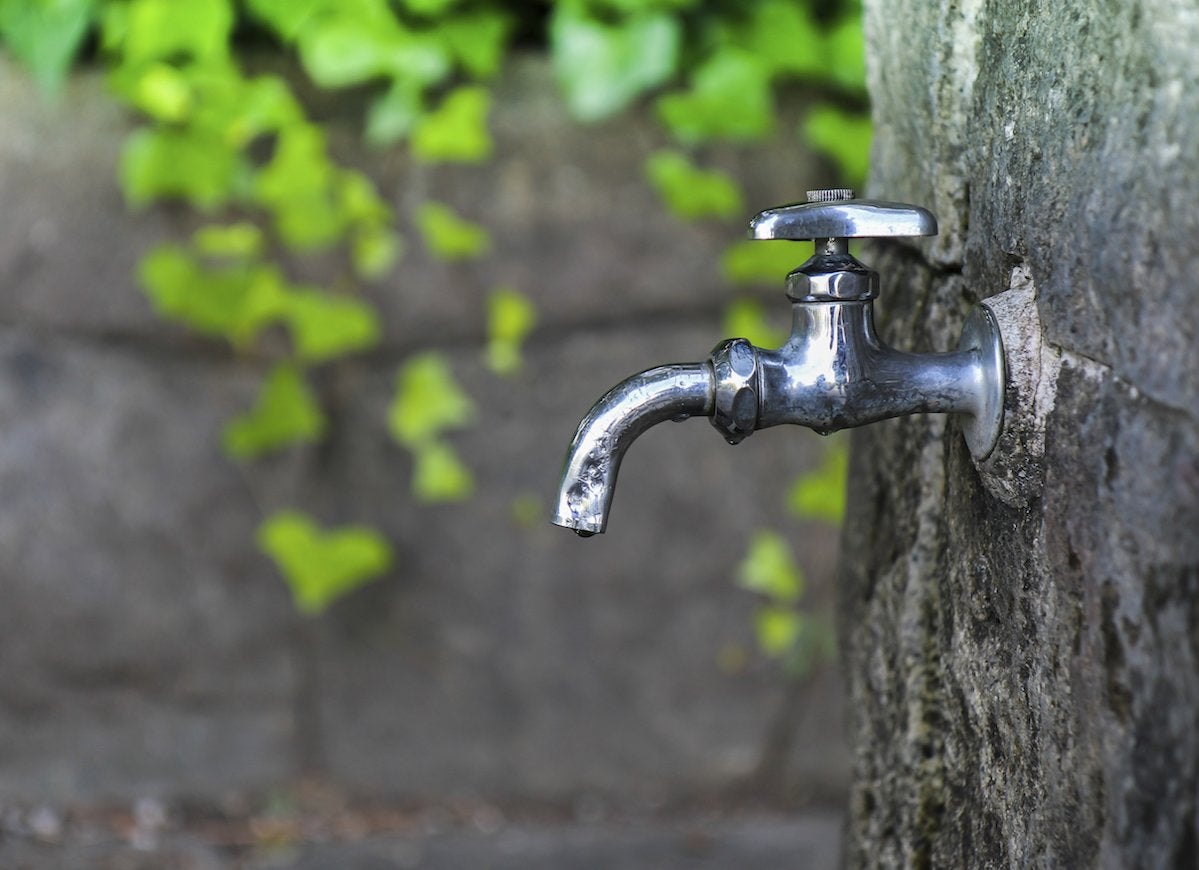
Just as you need to bleed your radiator pipes of air, you need to bleed your backyard pipes of water. Autumn is the perfect time to drain a sprinkler system of standing water, which can burst pipes as it freezes and expands. Using either a manual or automatic drain valve or compressed air, remove the water from the pipes. When spring arrives, you’ll have no trouble getting things flowing again to keep your garden green all summer long.
Pack Up the Patio
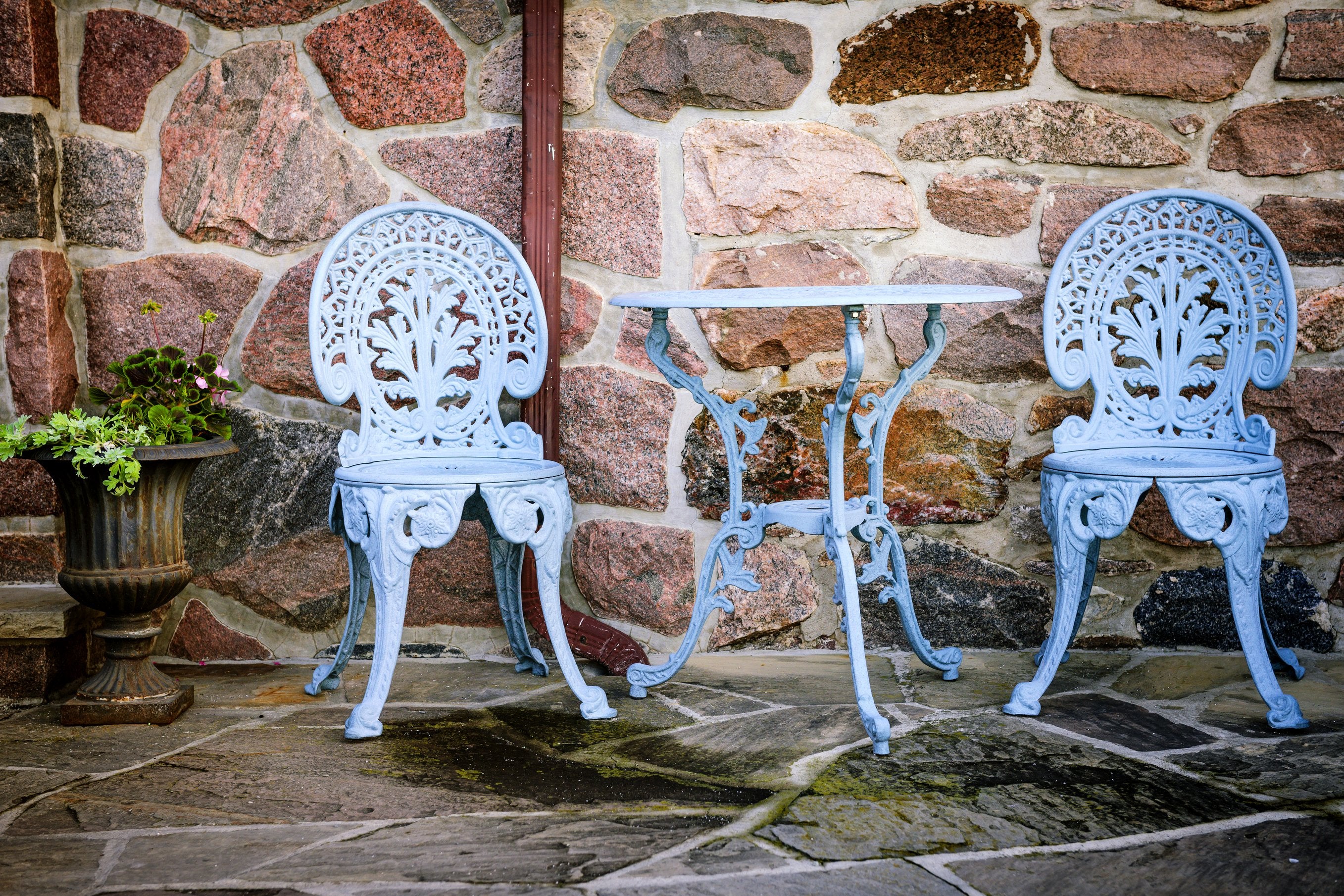
Time to put outdoor furniture back indoors—for now. Wipe down plastic patio furniture, rub wicker with tung oil, and check metal chairs and tables for signs of rust. After the furniture is clean and dry, fold it up and place it in the garage, shed, or basement to overwinter. If you don’t have space to store patio furniture indoors, consider purchasing all-season covers made of vinyl or plastic that can provide a modest amount of protection from winter rain and sun.
Related: The 12 Fall Home Maintenance Tasks You Can’t Ignore
